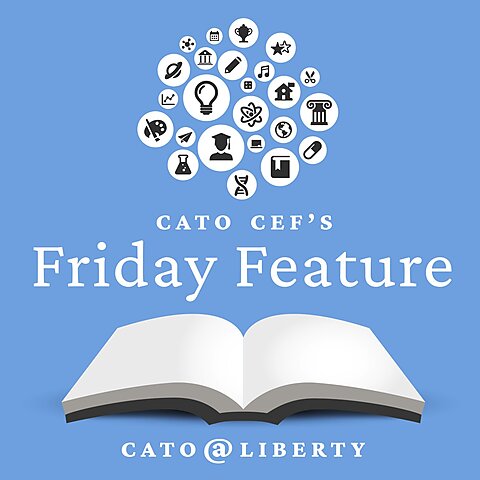As a private school teacher turned homeschooler, Arkansas mom Trisha Tyler was more prepared than most parents when COVID-19 disrupted education throughout the country. But she saw how difficult it was for many families in her community and thought learning pods could help. “It really hurt my heart for people that had no community, that were stuck in their homes, and that were just, you know, scrambling to learn any kind of schooling at home,” she recalls.
Trisha had turned to homeschooling as a way to spend more time with her own children. “I didn’t have a clue what I was doing. But I thought if I can teach high school students, surely I can teach my littles,” she says. “It was just such an educational journey in itself, just learning how to homeschool and learning that you don’t necessarily have to have a degree in all these things to teach your own children.”
With her diverse background—she’d taught in private school, public schools as a substitute, and homeschool co-ops—her husband had predicted she would open her own school one day. “I would never want to have my own school,” she told him. “I don’t want all that paperwork and red tape.”
Then the pandemic came along. “A bunch of public school educators reached out to me that year, and they were like ‘we really are thinking about just leaving the school system.’ And that, I guess, that year was our first little pod trial,” she says. “From there, I just started tweaking the idea.” She didn’t want to do public school in homes, but she started thinking about other ways to support families.
When Arkansas enacted Educational Freedom Accounts, an education savings account program that allows parents to use state funding for a variety of educational expenses, that clinched it for Trisha. “I thought, ‘What if I just did a little microschool in our house? Because I know I’m going to be teaching mine anyway, and then if anybody wanted to do that, it wouldn’t be a financial burden. And it would also help me have the supplies,’” she recalls. She put out a “tiny little post to our very small communities locally” and had such a great response that she worried they wouldn’t fit in her house. She launched Mt. Haven Microschool for the 2024–25 school year.
The microschool, which currently serves 5- to 9‑year-olds, meets Mondays and Wednesdays, 10 a.m.–2 p.m. The day starts with brain training movement based on the work of educator Dianne Craft before progressing to academics. “We do science and history as the core, and then we add Bible, poetry, STEM, literature, and art,” says Trisha. She likes to mix things up rather than keeping them all separate. “My teaching style is, ‘How can I add anything into this that’s going to make this alive for the kids? How is this going to anchor into their minds?’” She hopes to add math and language arts on Tuesdays and Thursdays by the fall of 2026.
Trisha also leads a homeschool co-op on Fridays that she founded to give families an outlet that didn’t require a big time or financial commitment. “We have classes. We have a lot of social activities. We have fun days. We have field trips. And we also have speakers come in—specifically career- or life-skill-oriented speakers,” she says.
A local church hosts the co-op, and some of the older parishioners have taught classes on topics such as canning, sewing, and changing the oil in a car. There’s also a tinsmith who has taught the kids to make cups, ornaments, and other items. And they plant a community garden to give the kids experience raising food and the chance to help feed others. Trisia says, “I feel like it’s important for them to have those skills that are a little bit self-sufficient.”
Trisha has also been approved as an EFA provider to open a literacy lab and homeschooling resource service, which would help homeschooling families have access to a variety of educational resources without having to buy and store them all. “I want it to be a very affordable monthly price for families to come in and sit down and have several options of how to anchor phonics into their little kids’ minds, or all the math manipulatives, or really quality, wholesome books,” she explains.
While she wants to expand and increase her offerings, Trisha wants to do that by creating new pods in other homes—rather than just growing Mt. Haven—so she doesn’t lose the “micro” part of her microschool. And that fits with her advice to others who are considering a similar journey. “I would say stay true to what you feel,” she says. “I think that there are plenty of families that are looking for options, and you don’t have to get really big. You don’t have to have a ton of families. It’s going to be a blessing to them, and it’s going to be a blessing to you if you stay true to your beliefs about education.”

